Заказать обратный звонок


Заказать звонок

Заказать услугу
Sustainable Development Goals (SDGs) are 17 interrelated goals endorsed by the leaders of all countries and adopted by the UN General Assembly in 2015 as "A plan to achieve a better and more sustainable future for all".

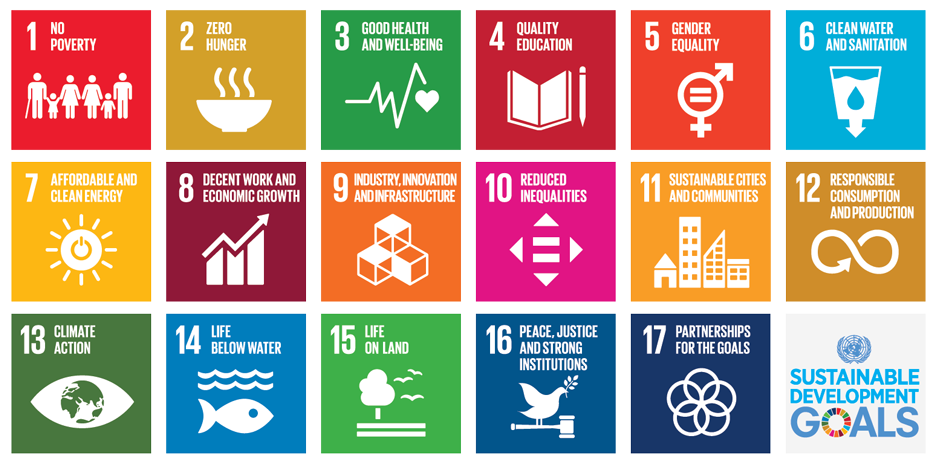
The following four sustainable development goals are in line with the strategy of the Center whose mission is to improve public health, as well as to further develop laboratory expertise that meets international standards.
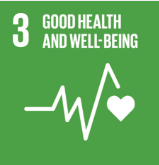 |
Third SDG – Good Health and Well-Being
Improving health and well-being of the population largely depends on the provision of high-quality laboratory services and good laboratory practice. |
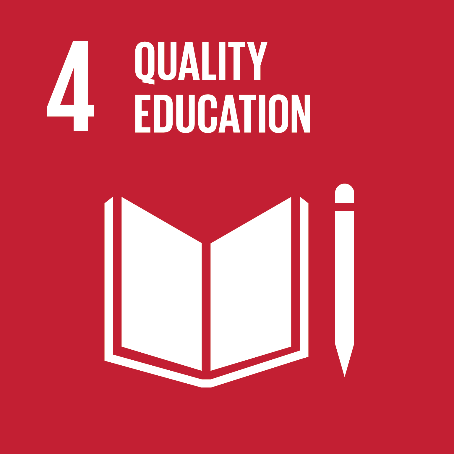 |
Fourth SDG – Quality Education
The experienced professional staff of the NCE and the corresponding accreditation allow the Center to provide a range of educational services to interested specialists, entrepreneurs, etc. |
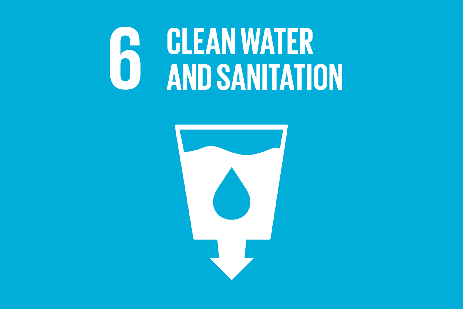 |
Sixth SDG – Clean Water and Sanitation
Over the past few decades, the ever-increasing demand for water resources and their unsustainable use have led to increased risks of pollution and serious water shortages in many parts of the world. Timely laboratory examination of water helps to prevent serious consequences for public health, environmental instability, and food risks. |
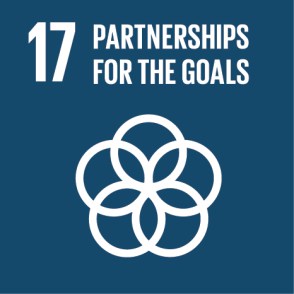 |
Seventeenth SDG – Partnerships for the Goals
Over the years of its activity, the Center has established strong ties and contacts with partners both far and near abroad. Thus, the NCE fruitfully cooperates with UN organizations - WHO, FAO, Codex Alimentarius Commission, Institute of Food safety, Animal Health and Environment BIOR (Latvia), University of Milan - Università degli Studi di Milano (Italy), CDC, Wageningen University & Research (Kingdom of the Netherlands). In addition, the NCE is the base for the country offices of the Codex Alimentarius, INFOSAN, RASFF, and GMO-Platform organizations. |